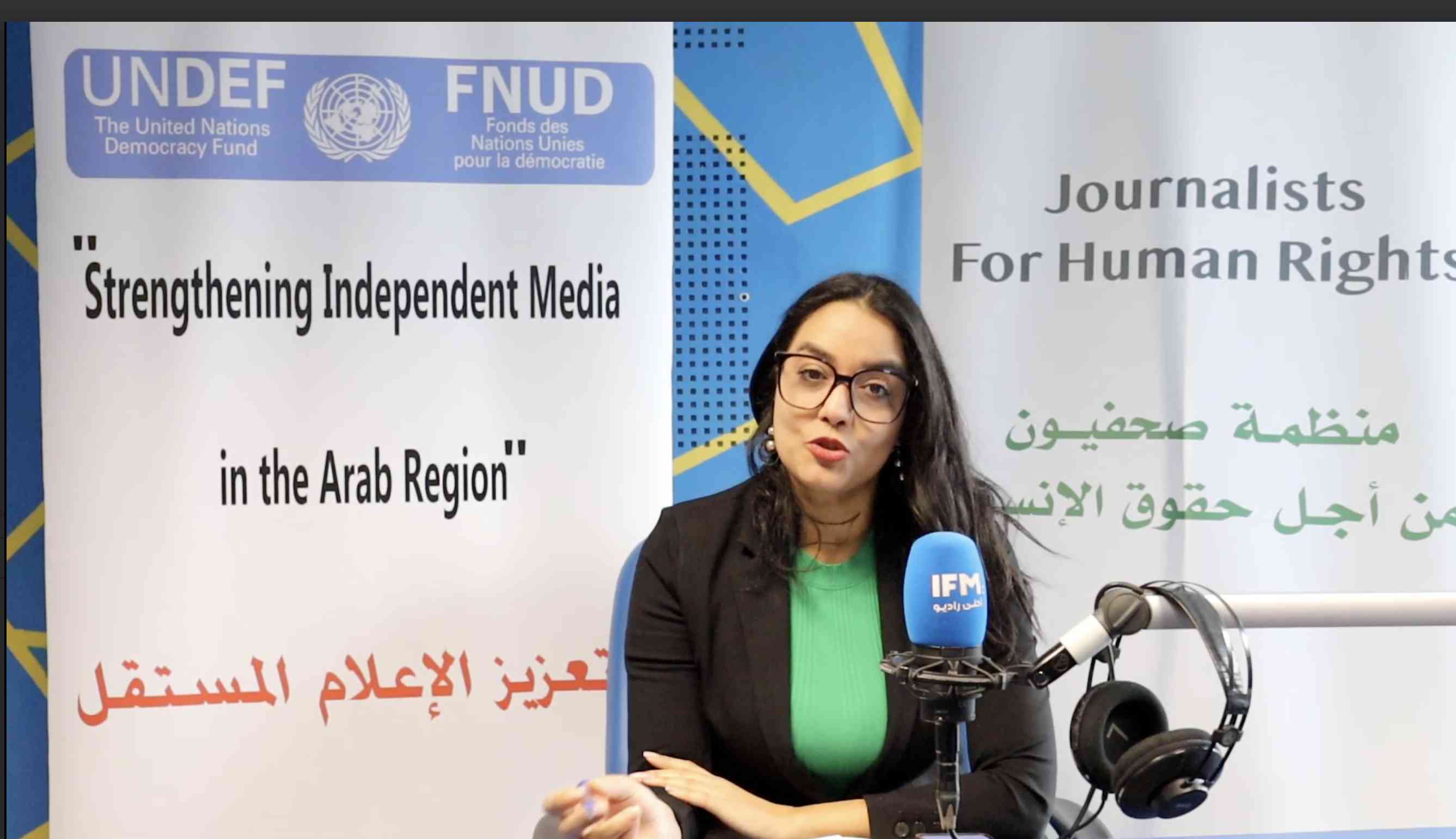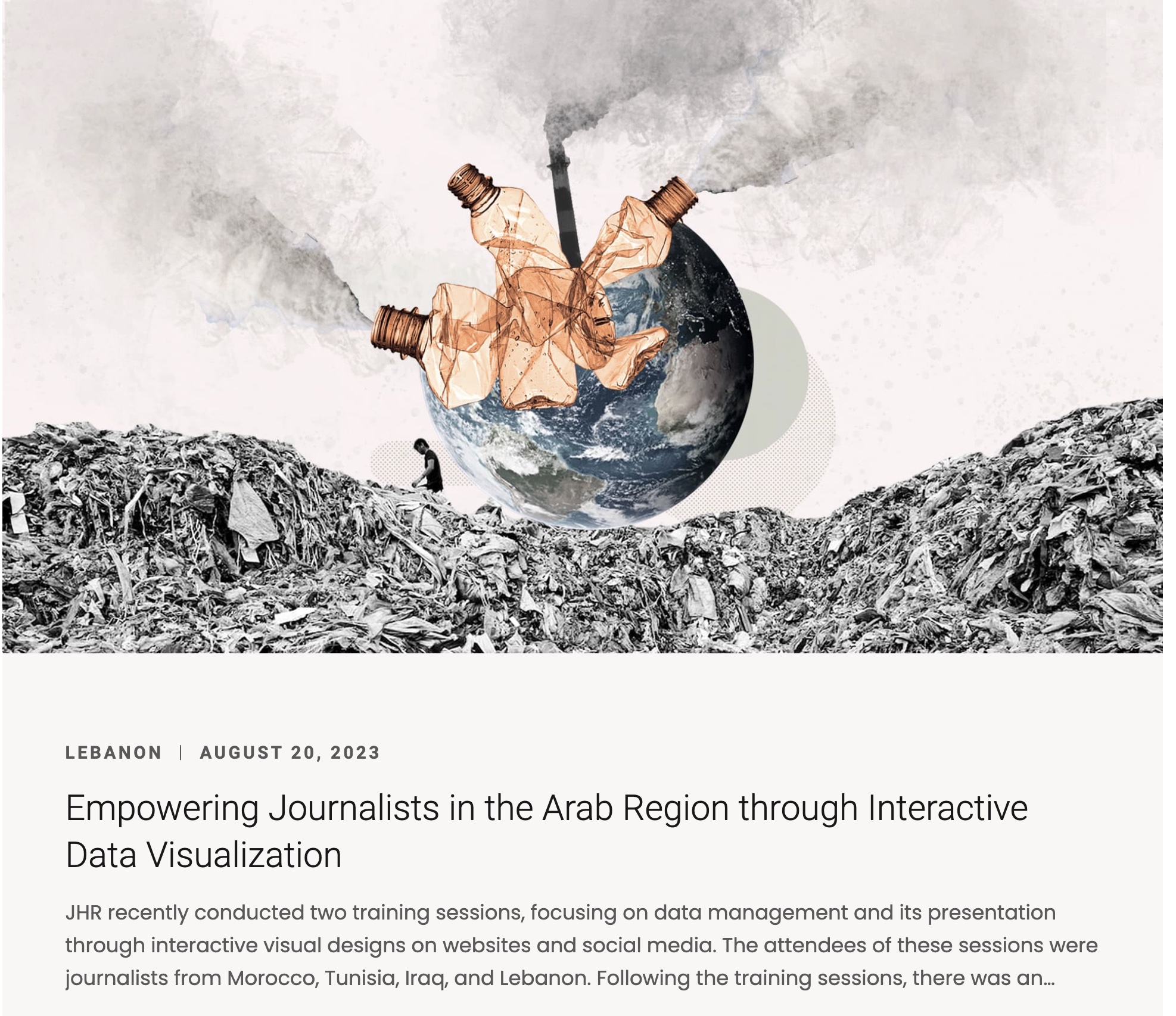Project Description
The Tunisia meta-evaluation of UNDEF-funded projects implemented between 2013 and 2021 shows positive trends at two principal levels: (1) with respect to Tunisia’s overall development context and needs; and (2) with respect to local democracy-building (sub-national, sub-regional, and in marginalized areas) via projects that commit to a participatory CSO-centric approach.
Most successful UNDEF project strategies fall within two broad categories: (1) project designs based on regular participation by partners and stakeholders, especially when these are engaged in finetuning activities and their content; (2) participatory models connecting citizens, CSOs and local authorities (as seen in joint activity designs). Gender and youth elements are prioritized and integrated throughout the projects and within activities, albeit at different levels of effectiveness. A critical element of the meta-evaluation is the identification of synergies across projects, as well as trends that have slowed, stalled, or provided implementation challenges to projects, with recommendation to alleviate these in future.
Coherence and Relevance
To date (2013-2021), UNDEF has funded 17 projects that have buttressed Tunisia’s democratic transition by supporting government strategic priorities and aligning with broader democracy-assistance funding trends. UNDEF-funded projects have a clear CSO focus and stress participatory and dialogue-based project designs. UNDEF has a niche advantage of funding geographically diverse projects, implemented at the local level by smaller CSOs with solid areas of expertise and ability to work effectively within marginalized areas, where need is highest.
At the time of implementation, and under the framework of the priorities defined by government-donor strategic plans, all projects addressed relevant and urgent democracy needs, and responded to the needs of target groups. UNDEF projects which were geographically diverse, with a significant focus on local communities and marginalized areas, were relevant.
Effectiveness
With nearly all projects facing contextual and institutional delays, effectiveness depended on three main factors: (1) the capacity, expertise, and issue-specific strength of the UNDEF’s grantees, (2) the adaptability of project design (elasticity) and clearly identified project objectives and activities, (3) as well as timely communication and consultation with all partners and stakeholders.
Three trends can be highlighted. First, trainings were seen by most project participants as useful and successful but could sometimes have been more effective had they been clearly articulated around the other project components, especially advocacy, during the design phase, to better harness the newly acquired knowledge. Second, UNDEF’s grantees successfully identified a niche area of working directly with newly established municipalities on participative democracy and several projects were effective in achieving their objectives. Third, positive results were also obtained when well-defined methods, such as coaching and mentoring, or techniques for establishing new participatory budgeting processes were applied.
Efficiency
Efficiency varied widely among projects and was largely impacted by institutional delays and a continuing depreciation of the local currency. The increase in funds resulting from this depreciation missed opportunities in optimizing budget use and enhancing the projects’ general efficiency. Efficiency was neither improved nor impaired by low utilization rates or extensions. Nevertheless, and despite the limited amounts allocated to partnerships, the latter generally enhanced efficiency, especially in finding solutions to implementation and contextual issues.
Impact
We found highest impact at the CSO-level, where civil society was strengthened through its engagement with local authorities and citizen trainings, broadening of CSO networks, and expanding in geographic reach. UNDEF-funded projects have positively impacted citizen trust in local democracy by augmenting participation in local governance beyond elections. Activities that included participatory and dialogue-based elements across project designs showed positive effects, as did projects that work at multi-scalar levels or focused on niche-expert issues. Gender-specific activities also yielded positive impact.
Sustainability
Projects that supported long-term processes and mechanisms, that produce activities and materials adaptable over-time and in different geographic regions, have the highest potential for achieving sustainability. We found sustainability trends in participatory mechanisms at the local level especially in municipalities, among local partners who continued their partnership beyond the life of the UNDEF-grant pro-bono or with new funding, and in some platforms and materials that are adaptable over time. We also found sustainability among CSOs and partners that were able to secure new funding streams after the completion of UNDEF-grants and expanding their activities thematically and geographically.
UNDEF-Added Value
A critical value is that UNDEF-funded projects are not affected by Tunisia's polarized political context. The range of grantees shows that UNDEF works well with partners across political and ideological orientations. UNDEF-projects also complement larger development initiatives by working at the expert-local level, with a (self-evident) focus on marginalized areas where development need is highest.
Conclusions & Recommendations
The meta-evaluation concludes that UNDEF-funded projects carried out by knowledgeable grantees with technical expertise relevant to the scope of activities have demonstrated strongest project designs and problem-solving skills, enhanced by what this evaluation refers to as “project elasticity.” These qualities result in effective, efficient, coherent and context-relevant initiatives. Projects that build strategies to transfer ownership of processes to participants and stakeholders have the highest potential for effectiveness, impact, and sustainability.
This evaluation proposes a set of recommendations around processes to further strengthen UNDEF-funded work in Tunisia in the future. UNDEF is at a competitive advantage to continue funding both local expert CSOs (e.g., capital-based), as well as smaller grassroots organizations. Recommendations for processes include on-going reviews of activities as they function coherently in project designs, and as these relate to contextual needs in the near future, in which Tunisia is moving towards democratic consolidation. Project implementation partnerships play an important role in varying degrees throughout all grants and are critical to the transfer of ownership and sustainability – recommendations specifically address this process and relationship. The evaluation also recommends a centralized platform of all UNDEF-funded materials, as these are useful for future project designs and contain critical information for future grantees.



